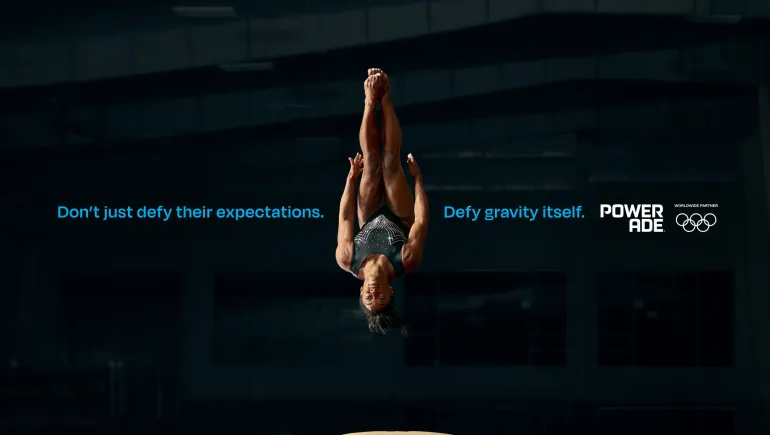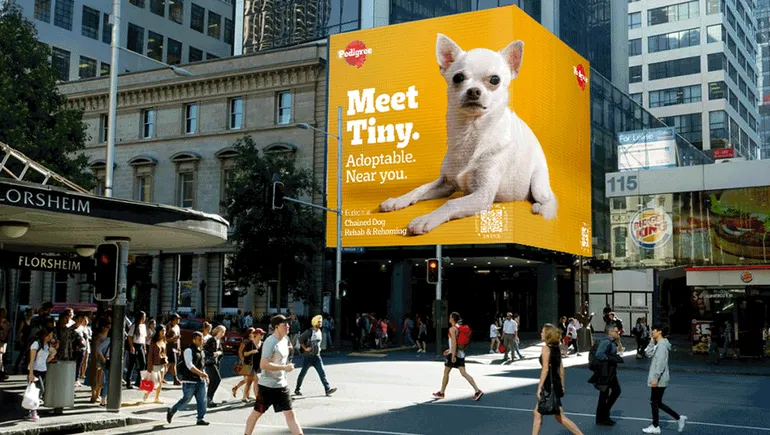
Kylie Cosmetics shows highest social media engagement and no ad spending, study says
Brief:
- Kylie Cosmetics, the beauty brand started by reality-TV star Kylie Jenner, generates the most social media engagement among cosmetics brands while spending nothing on paid social ads, per a study researcher BrandTotal shared with Mobile Marketer. Eighty-two percent of Kylie Cosmetics’ social media activity was on Instagram, followed by 11% on Facebook and 6% on Twitter, and consisted entirely of non-paid organic posts. Huda Beauty, a cosmetics line started by makeup artist Huda Kattan, also had no paid social media activity.
- Instagram is the most popular social media platform for all cosmetics brands except L’Oréal, which dedicated 93% of its advertising to Google’s YouTube. Urban Decay devoted the most advertising to Instagram, where 67% of its ads appeared, ahead of Maybelline New York (60%), Estee Lauder (46%), Sephora (43%) and Glossier (16%).
- Facebook was the second-most popular platform among cosmetics brands, and was used heavily by Glossier, which posted 61% of its ads on the social network. Twitter was the least popular social media platform for beauty brands. BrandTotal studied social media activity from June 10 to Aug. 8.
Insight:
Kylie Cosmetics’ ability to generate social engagement with no paid ads is a testament to the power of its founder as an influencer. Her personal Instagram account has 146 million followers, while Kylie Cosmetics has 21.8 million and Kylie Skin has 2.2 million, practically ensuring her posts are seen by a mass audience of dedicated followers. By comparison, the most popular account on Instagram is by international soccer star Cristiano Ronaldo at 182 million.
While Jenner is creating social engagement, the Kylie brand’s sales have fallen as consumers often don’t return, according to data compiled by Rakuten Intelligence. The research arm of the online retailer pointed to a 14% decline in sales for Kylie Cosmetics during the first five months of 2019. Rakuten’s data show that sales peaked in November 2016 before plunging 62% over the following two years. More than half (60%) of Kylie Cosmetics customers shopped the brand just once from June 2016 to May 2019 when buying from Rakuten and Ulta.com. Rakuten didn’t track sales at Ulta’s brick-and-mortar stores, which began carrying Kylie Cosmetics products last November and may have cannibalized online sales.
With rumors that the Kylie Cosmetics brand might be sold to Coty, one takeaway for marketers is that social media engagement alone doesn’t determine a brand’s value. By not leveraging paid social ads, Kylie Cosmetics may have missed an opportunity to extend its reach and acquire new customers at the height of its popularity. A well-publicized programmatic billboard campaign for the brand this spring — reported to be the largest effort of its kind at the time — was likely an attempt to boost sales and reach new customers, but its effectiveness is unclear.





